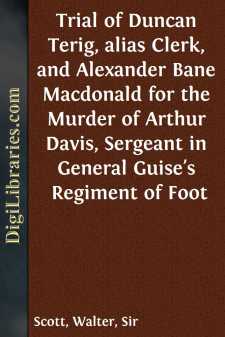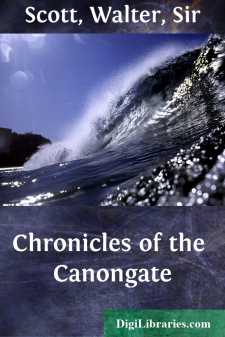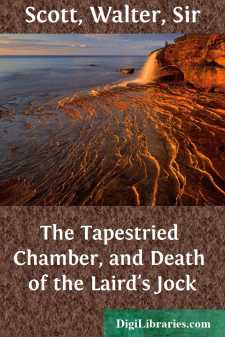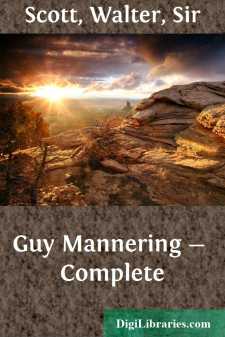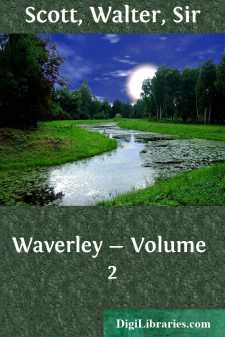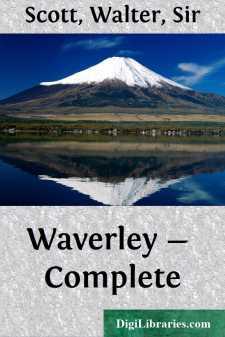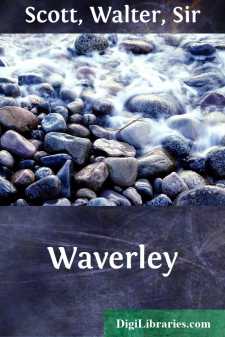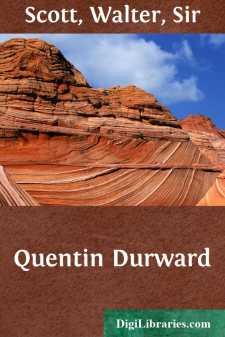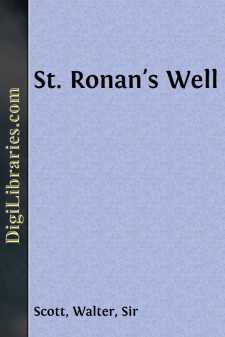Categories
- Antiques & Collectibles 13
- Architecture 36
- Art 48
- Bibles 22
- Biography & Autobiography 816
- Body, Mind & Spirit 145
- Business & Economics 28
- Children's Books 18
- Children's Fiction 14
- Computers 4
- Cooking 94
- Crafts & Hobbies 4
- Drama 346
- Education 58
- Family & Relationships 59
- Fiction 11834
- Foreign Language Study 3
- Games 19
- Gardening 17
- Health & Fitness 34
- History 1378
- House & Home 1
- Humor 147
- Juvenile Fiction 1873
- Juvenile Nonfiction 202
- Language Arts & Disciplines 89
- Law 16
- Literary Collections 686
- Literary Criticism 179
- Mathematics 13
- Medical 41
- Music 40
- Nature 179
- Non-Classifiable 1768
- Performing Arts 7
- Periodicals 1453
- Philosophy 66
- Photography 2
- Poetry 897
- Political Science 203
- Psychology 45
- Reference 154
- Religion 516
- Science 126
- Self-Help 86
- Social Science 82
- Sports & Recreation 34
- Study Aids 3
- Technology & Engineering 59
- Transportation 23
- Travel 463
- True Crime 29
Walter Scott
Sir Walter Scott (1771-1832) was a Scottish novelist, poet, historian, and biographer who is considered one of the most influential figures in Scottish literature. He is renowned for his historical novels such as "Ivanhoe," "Rob Roy," and "Waverley," which romanticized Scottish history and folklore. Scott's works played a significant role in the development of the historical novel genre and had a lasting impact on literature and cultural identity in Scotland.
Author's Books:
Sort by:
by:
Walter Scott
INTRODUCTION. Although the giving information concerning the unfair manner in which they were dismissed from life, is popularly alleged to have been a frequent reason why departed spirits revisit the nether world, it is yet only in a play of the witty comedian, Foote, that the reader will find their appearance become the subject of formal and very ingenious pleadings. In his farce called the Orators,...
more...
by:
Walter Scott
INTRODUCTION TO CHRONICLES OF THE CANONGATE. The preceding volume of this Collection concluded the last of the pieces originally published under the NOMINIS UMBRA of The Author of Waverley; and the circumstances which rendered it impossible for the writer to continue longer in the possession of his incognito were communicated in 1827, in the Introduction to the first series of Chronicles of the...
more...
by:
Walter Scott
THE TAPESTRIED CHAMBER; OR, THE LADY IN THE SACQUE. The following narrative is given from the pen, so far as memory permits, in the same character in which it was presented to the author's ear; nor has he claim to further praise, or to be more deeply censured, than in proportion to the good or bad judgment which he has employed in selecting his materials, as he has studiously avoided any attempt...
more...
by:
Walter Scott
The Novel or Romance of Waverley made its way to the public slowly, of course, at first, but afterwards with such accumulating popularity as to encourage the Author to a second attempt. He looked about for a name and a subject; and the manner in which the novels were composed cannot be better illustrated than by reciting the simple narrative on which Guy Mannering was originally founded; but to which,...
more...
by:
Walter Scott
AN INCIDENT The dinner hour of Scotland Sixty Years Since was two o'clock. It was therefore about four o'clock of a delightful autumn afternoon that Mr. Gilfillan commenced his march, in hopes, although Stirling was eighteen miles distant, he might be able, by becoming a borrower of the night for an hour or two, to reach it that evening. He therefore put forth his strength, and marched...
more...
by:
Walter Scott
It has long been the ambition of the present publishers to offer to the public an ideal edition of the writings of Sir Walter Scott, the great poet and novelist of whom William Hazlitt said, 'His works are almost like a new edition of human nature.' Secure in the belief not only that his writings have achieved a permanent place in the literature of the world, but that succeeding generations...
more...
by:
Walter Scott
It has long been the ambition of the present publishers to offer to the public an ideal edition of the writings of Sir Walter Scott, the great poet and novelist of whom William Hazlitt said, 'His works are almost like a new edition of human nature.' Secure in the belief not only that his writings have achieved a permanent place in the literature of the world, but that succeeding generations...
more...
by:
Walter Scott
GENERAL PREFACE TO THE WAVERLEY NOVELS And must I ravel outMy weaved-up follies? Richard II, Act IV. Having undertaken to give an Introductory Account of the compositions which are here offered to the public, with Notes and Illustrations, the Author, under whose name they are now for the first time collected, feels that he has the delicate task of speaking...
more...
by:
Walter Scott
CHAPTER I: THE CONTRAST Look here upon this picture, and on this,The counterfeit presentment of two brothers. HAMLET The latter part of the fifteenth century prepared a train of future events that ended by raising France to that state of formidable power which has ever since been from time to time the principal object of jealousy to the other European nations. Before that period she had to struggle for...
more...
by:
Walter Scott
“‘St. Ronan's Well’ is not so much my favourite as certain of its predecessors,” Lady Louisa Stuart wrote to Scott on March 26, 1824. “Yet still I see the author's hand in it, et c'est tout dire. Meg Dods, the meeting” (vol. i. chap. ix.), “and the last scene between Clara and her brother, are marked with the true stamp, not to be matched or mistaken. Is the Siege of...
more...


